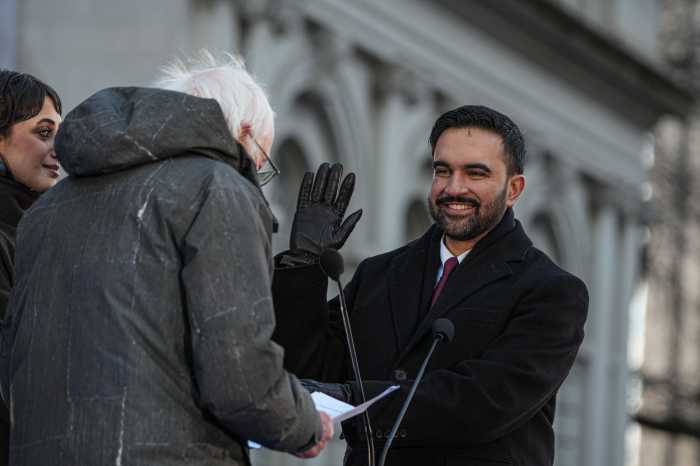Your child’s smile should beam with happiness and confidence.
When it comes to dental health, it’s never too early to start instilling good dental hygiene to ensure that your child’s primary and adult teeth will be healthy, strong and free of decay or disease.
“Developing a good hygiene routine will follow you through to adulthood,” says Dr. Nazli Diba, pediatric dentist at Tooth Docs Dental in Roslyn. And the best way to help your child attain a healthy smile is to become educated, active participants in their dental health care.
Since February is National Children’s Dental Health Month, there’s no time like the present to make sure your little one is on the right track.
Start with your child’s first tooth
Teeth can appear at three months, six months or after their first birthday. Every child is different, says Dr. Diba, although typically by one year, babies can sport eight. But those need to be taken care of from the get-go.
With one or two teeth, rubbing gently with a soft cloth will suffice so breast milk, bottle milk or food does not sit throughout the night, which could lead to cavities or tooth decay, warns Dr. Diba. As more teeth arrive, use a toothbrush with a soft bristle and let the good brushing habits begin!
Bring your child to a pediatric dentist by age one
While you’re planning your child’s first birthday party, make that dental appointment, too!
That entails a comfy cuddle on their parent’s lap as the dentist performs a thorough checkup, cleaning and fluoride treatment, explains Dr. Diba. By five years old, your child’s dentist may want to start annual x-rays to check for hidden decay.
Follow up every six months
Baby teeth may be little, but they are super important, says Dr. Mindy Homer, pediatric dentist at Happy KiDDS Pediatric Dentistry in Manhasset.
“Most parents do not realize that the primary [baby] molars do not fall out until age 11 or 12,” she says. “However, those teeth erupt into the mouth around 15-24 months… A child’s mouth is constantly changing. Spaces are closing, which can increase their cavity risk. Teeth are falling out.”
Visiting the dentist every six months can detect cavities early. Placing sealants on permanent molars can prevent future cavities. If there is a cavity, because it is caught early, a less invasive treatment that doesn’t involve an anesthetic will most likely take care of it.
Watch for warning signs
White spots on the teeth may be a sign of “demineralization,” says Dr. Homer.
This happens when the “plaque and bacteria have begun to erode the enamel and remove the calcium.” The good news is, “A trained eye” can identify it before it becomes a big problem.
“If it is caught early, it can be reversed,” decreasing the need for antibiotics, extraction or nerve treatment, Dr. Homer says.
Practice good oral hygiene
Teeth must be brushed twice daily, once after breakfast and once at bedtime. Both manual and electric toothbrushes with soft bristles are effective, says Dr. Diba. Children should brush in a circular motion, being careful to cover each tooth. Don’t neglect the tongue!
“Eighty-five percent of bacteria sits on the back of the tongue and contributes to bad breath,” says Dr. Diba.
One to two minutes of good brushing should do the trick. To prevent interproximal cavities or cavities in between teeth, floss. No snacking after nighttime brushing, especially milk, Dr. Diba warns. Your child is safe with water.
Eat a healthy, teeth-friendly diet
Most people see only sugary foods as cavity culprits, but even healthy treats — raisins, fruit snacks, dried fruit — can be harmful, as they tend to get stuck in the teeth, Dr. Homer warns. Go for the chocolate or ice cream instead and try to avoid juice, another big cavity contributor, Dr. Homer suggests.
Water is best, she adds, as “it is very neutralizing. The pH of the mouth needs to be acidic in order for a cavity to develop. The more water you drink, the more you neutralize the acidity.”
Practice due diligence
“You don’t inherit cavities,” says Dr. Homer. “Vertical transmission of bacteria takes place as a child is acquiring teeth. The research shows that the caregiver who spends the most time with the child after birth tends to infect the child with his/her bacteria…Most people don’t know if they have received good or bad bacteria from their caregivers,” so the focus should be on preventative measures, she says.
Get rid of harmful bacteria with “good oral hygiene practices, a healthy diet and regular dental visits.”
The more you educate yourself, the better chance your child has to enjoy a lifetime of healthy teeth.






























